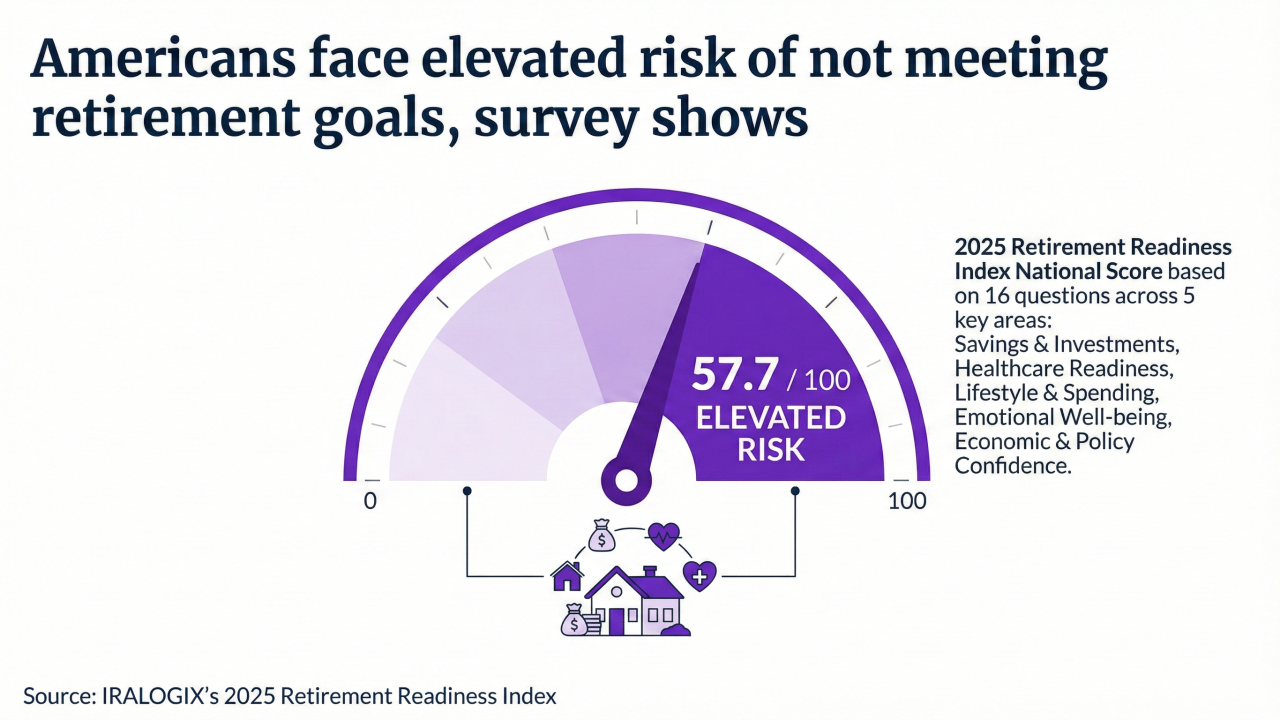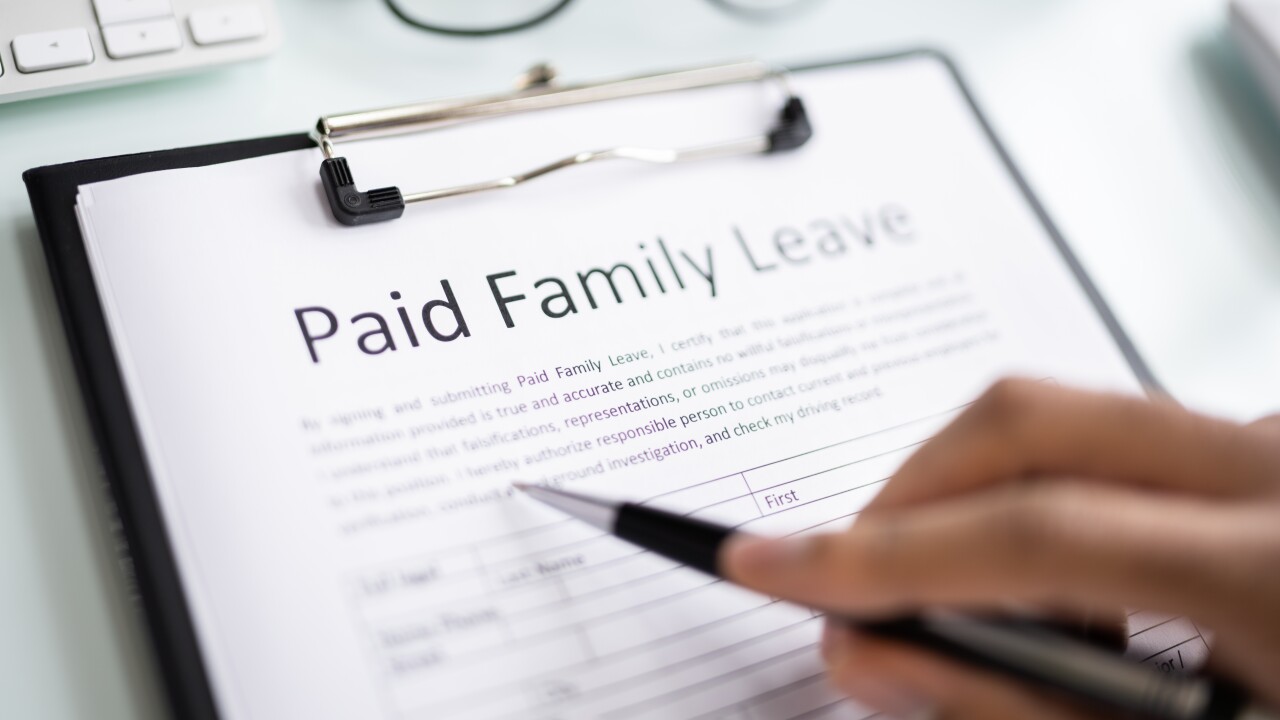As more women choose to start families later in life, they may find themselves struggling to beat their biological clocks while leaving time for personal and professional development — that’s where egg freezing can come in.
By the time a woman hits her 40s, her
“We must understand the concept of the biological clock,” she says. “If they’re interested in having babies with their own genetics in the future, they have to preserve their fertility by freezing their eggs.”
Read more:
While women on average are born with about one million eggs, by 37-years-old, fertility has declined, with a woman’s egg count dropping to 25,000 eggs. That’s why Dr. Frederick encourages women to consider egg freezing, so they at least have the option to use their eggs if and when they are ready to become pregnant.
“We were born with a finite number of eggs — we lose them every month when we menstruate and we don’t regenerate,” she says. “So, our best eggs are in our 20s, but most people aren’t thinking about babies until their 30s nowadays.”
Dr. Frederick notes that she rarely sees anyone step into her clinic who is under 30-years-old. Instead, many of her patients who seek egg-freezing are between 30 and 35, and are delaying pregnancy because of their careers or because they haven’t found the right partner yet. The pandemic alone has pushed one-third of women in the U.S. to delay pregnancy, according to the Guttmacher Institute.
Family planning is often closely tied with a person’s career choice, yet egg freezing has been an underrated employee benefit. Just 19% of large employers with 500 or more employees cover the procedure, according to Mercer.
However, the egg freezing process can be prohibitively expensive: Between the costs of medication and egg retrieval, Dr. Frederick estimates that patients spend $10,000 to $15,000, while storage costs can be $500 to $800 a year. Only 16 states have laws requiring insurance companies to provide coverage for fertility treatments — otherwise, insurance companies can consider egg-freezing to be an “elective” procedure.
Companies like Apple and Facebook announced as early as 2014 that they would offer up to $20,000 to cover the costs of egg freezing for part and full-time employees. But this benefit has found its way beyond tech giants — consulting and accounting companies like Bain and Company and Ernst and Young offer unlimited coverage for IVF and egg freezing.
Beyond the financial support, employees need to know their employer can support them through this process, Dr. Frederick explains. Patients undergo a preliminary blood test that determines the quantity and quality of eggs. On day three of a woman’s menstrual cycle, doctors can measure follicle stimulating hormone and anti-mullerian hormone levels, which are good indicators of how many eggs are available.
“Now you don't have to wait and see a specialist to get those results,” says Dr. Frederick. “You can request them from your primary care physician or gynecologist as well.”
Read more:
After those initial tests, Dr. Frederick helps patients prepare for the egg retrieval by prescribing a series of injections over the course of 10 days that will stimulate the ovaries to produce multiple, mature eggs. The retrieval process itself is about 15 to 30 minutes. The patient is put to sleep under anesthesia, while the doctor, using an ultrasound-guided needle, retrieves the eggs from the patient’s ovaries. The eggs are then stored in liquid nitrogen tanks in an embryology lab, and every year patients will be asked if they want their eggs to be kept in storage or if they are ready to use them. Eggs can then be thawed and then fertilized to create embryos, which can be transferred to the uterus for pregnancy, or saved for additional fertility procedures, like IVF, down the line.
Read more:
Offering support and coverage for this life stage is an important signal that an employer’s benefits are inclusive of all, Dr. Frederick says. They can also be key to helping employers keep their DEI promises, since these benefits give women and LGBTQ workers the power to choose how and when they want a family.
“The future of fertility benefits have to be inclusive and cover everyone,” she says. "We are talking about reproductive choice. There’s the reproductive choice to prevent conception and there should be the reproductive choice to find a specialist who can preserve your fertility too.”






